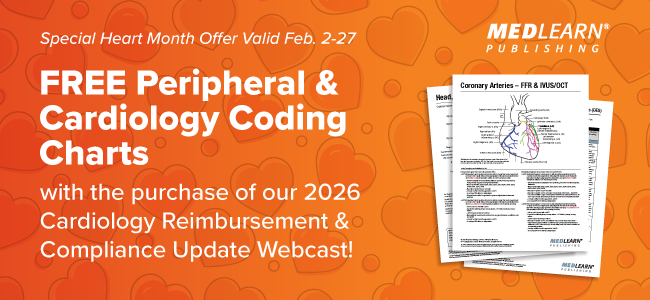Following my recent talks about Z-code capture and the value of reviewing case management documentation, I thought I would spend some time today focusing on the ideal state of what case management documentation should look like.
I must also confess that recent social-media posts questioning the professional ownership of the initial assessment and whether this could be delegated to a supportive employee to collect information for the clinical staff also prompted me to write this article. Although my reason is multifaceted, the question often comes from a model of case management that is primarily task-driven for discharge needs, rather than a collaborative process of patient and care team engagement to ensure the patient’s needs are met for the progression and transition of care from the acute setting.
In this narrative, case management (CM) has appropriately screened their patients to identify who needs their services and who does not; this is done either by consult, independent screening, or technology algorithms in the electronic medical record (EMR) that help streamline the process. Thus, the role for CM intervention is clearly needed by the case management professional (such as an RN, social worker, or other aligned healthcare professional.)
Case management documentation should not be a simple to-do list of tasks yet to be completed, directed towards the patient discharge. And the initial assessment should not be a slight expansion of the patient demographic sheet. After a patient has been screened for needing case management services, the documentation should reflect a thorough assessment that the CM completed with the patient to expand upon the documentation already obtained from the medical team, particularly the attending’s history and physical (H&P) and any initial nursing documentation. This may be a great time to also review the outpatient services or prior hospitalization(s) to incorporate known information into the conversation and assessment with the patient.
The initial assessment with the patient is the most important and proactive piece for CMs in laying the foundation of the care progression and transition-of-care process. This is not the time to quickly check boxes and ask generic questions, but rather engage with the patient and/or their family or representatives about the situation that landed them in the hospital – and to build a trusting relationship for the next stages of care towards discharge.
Without getting into a full outline of a great CM initial assessment, the main areas of focus should really include the pre-hospital home environment, supports the patient was utilizing, an understanding of the patient’s prior functioning level, incorporation of key decision-makers in the patient’s plan of care, incorporation of the patient’s social determinants of health (SDoH) risk factors, and a determination if any of these factors may be impacting the patient’s access to or needs in managing their medical care. Additionally, the initial should discuss the anticipated care plan for transition and any potential steps and/or barriers that may impede them.
The ongoing notes, and particularly the last note the CM writes, when they are confirming the final plan for patient discharge, should be the end to the story, after the progression updates throughout the patient stay. This note does not have to happen necessarily when the patient leaves the hospital, it could be done prior, once the obligations of the CM’s role in the transition plan are met.
The documentation should clearly reflect that the CM met the requirements for the Conditions of Participation Discharge Planning (§482.43 CoP: Discharge Planning), such as patient choice and integration of patient and/or family in the care planning process. The patient disposition should be identified and specific to if the patient was just returning to their custodial nursing home or if they were going to obtain skilled nursing care upon their return. The documentation should clearly identify if the patient is resuming pre-existing home health services, or if this is something new that is being arranged because of the patient’s hospitalization. Additionally, the expedited start date of services should be identified for any post-acute arrangements in the patient’s documentation.
The fulfillment of these obligations may absolutely incorporate the advancements of the EMR, with use of drop-downs and shared fields across note types and authors for collaboration. However, it should also hold to two principles: if it was not documented, it was not done, and the documentation should concisely depict the needed information for the intended audience.























